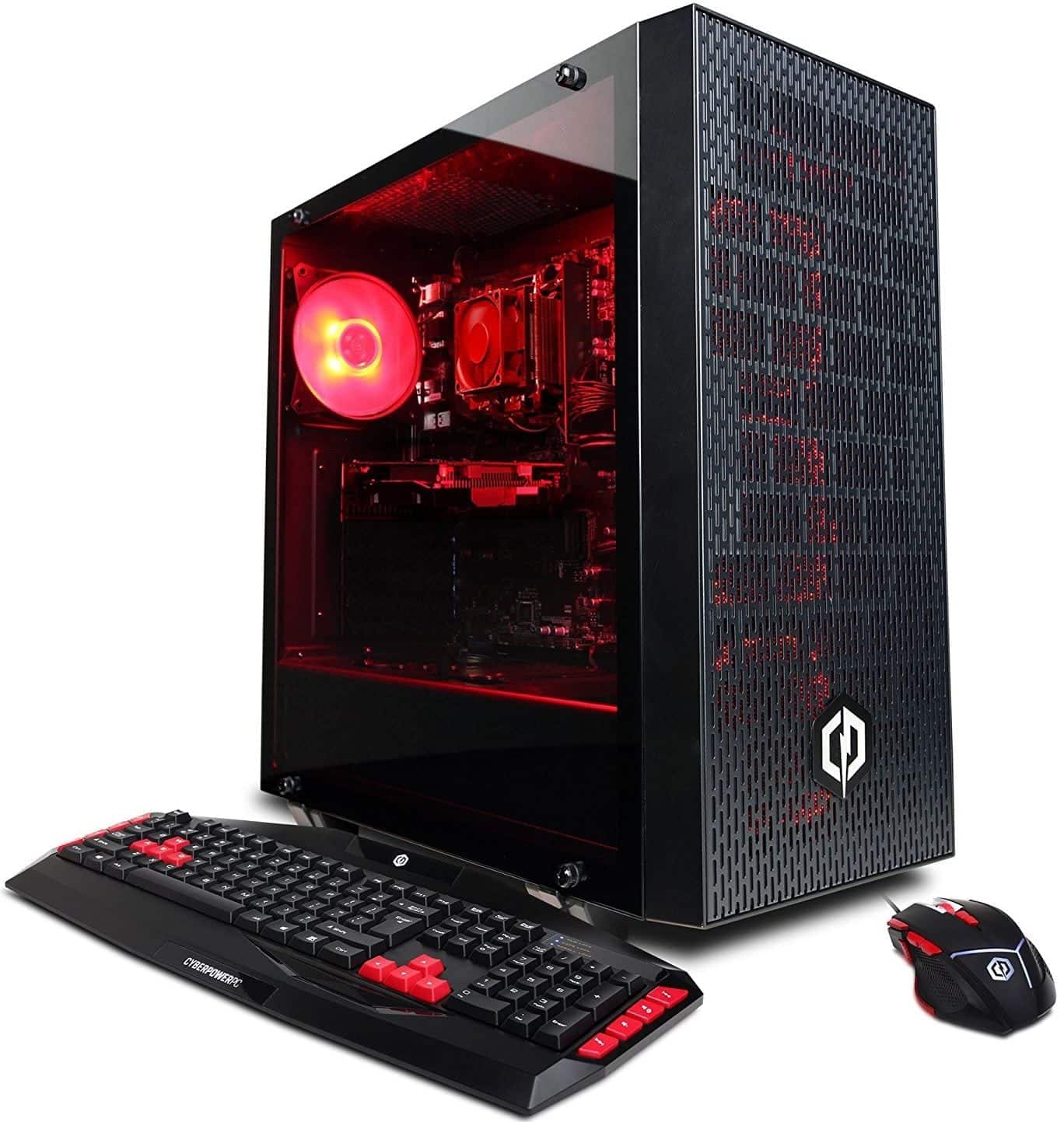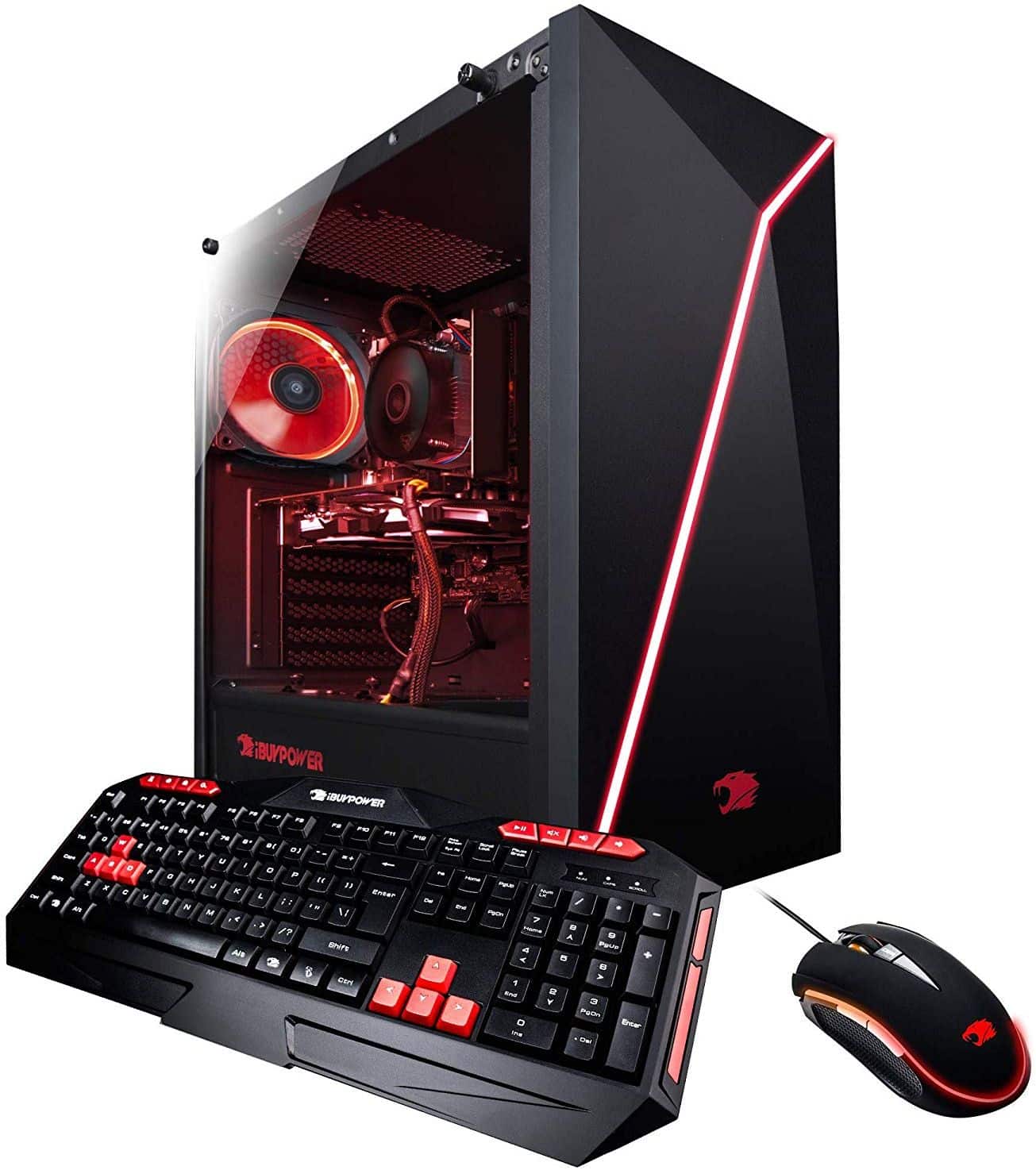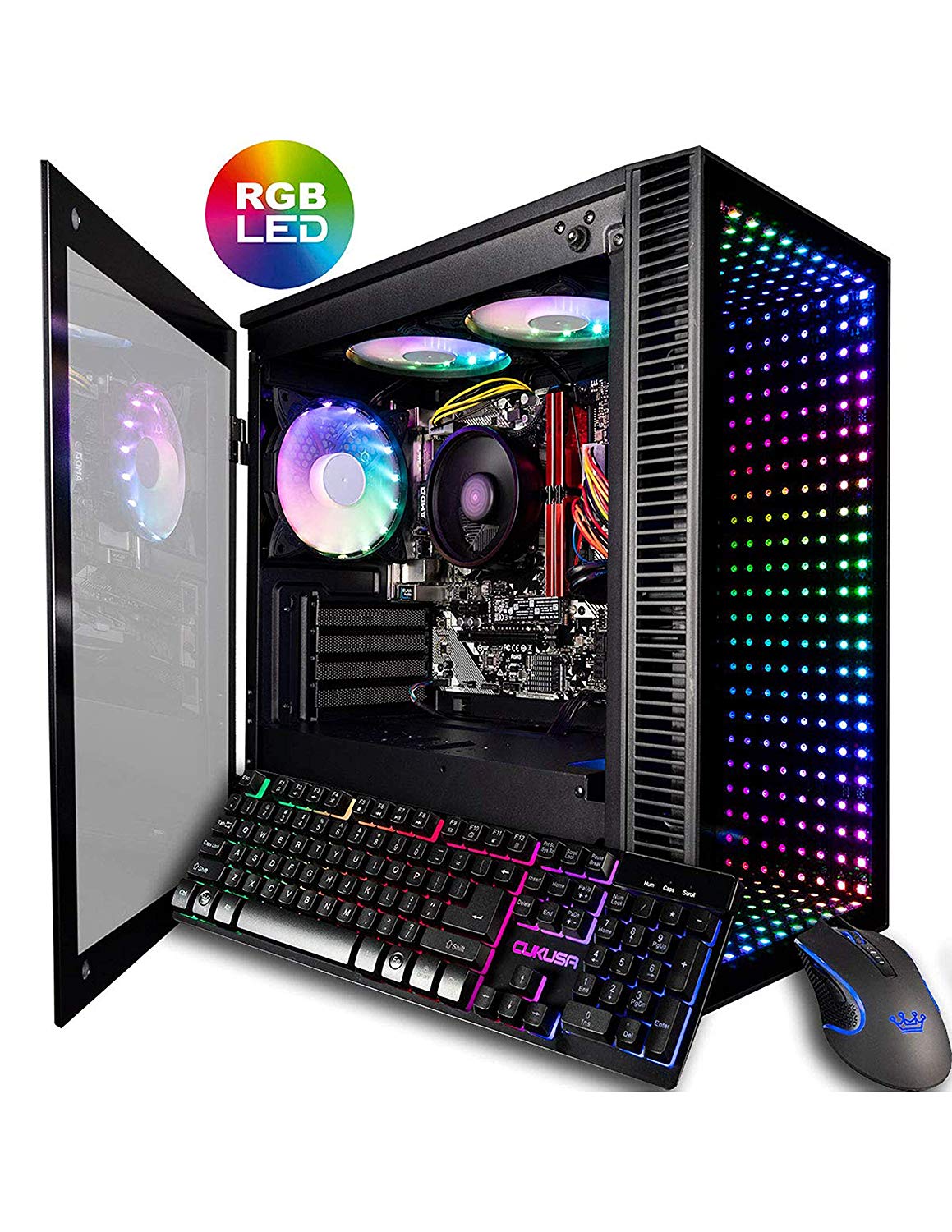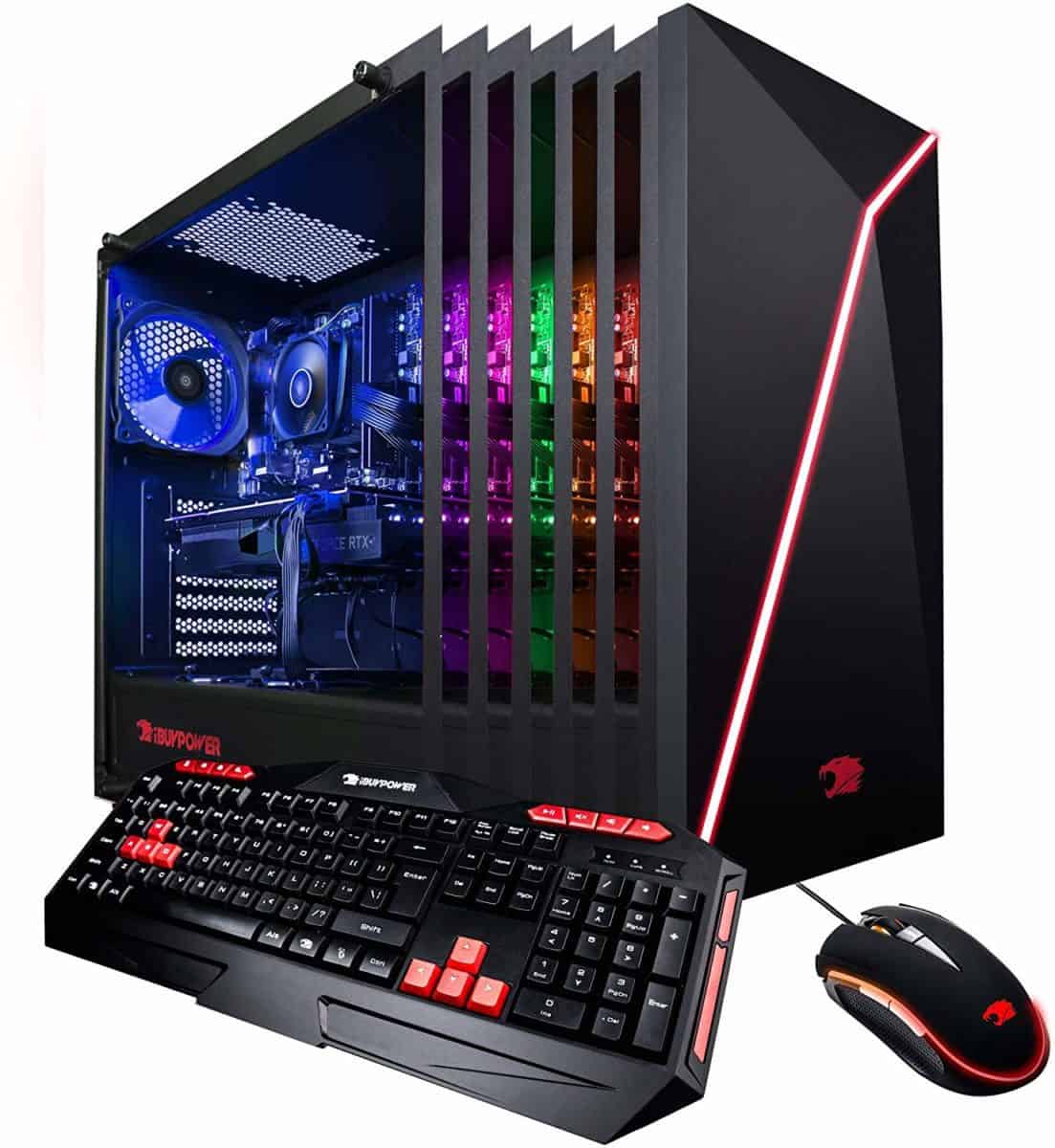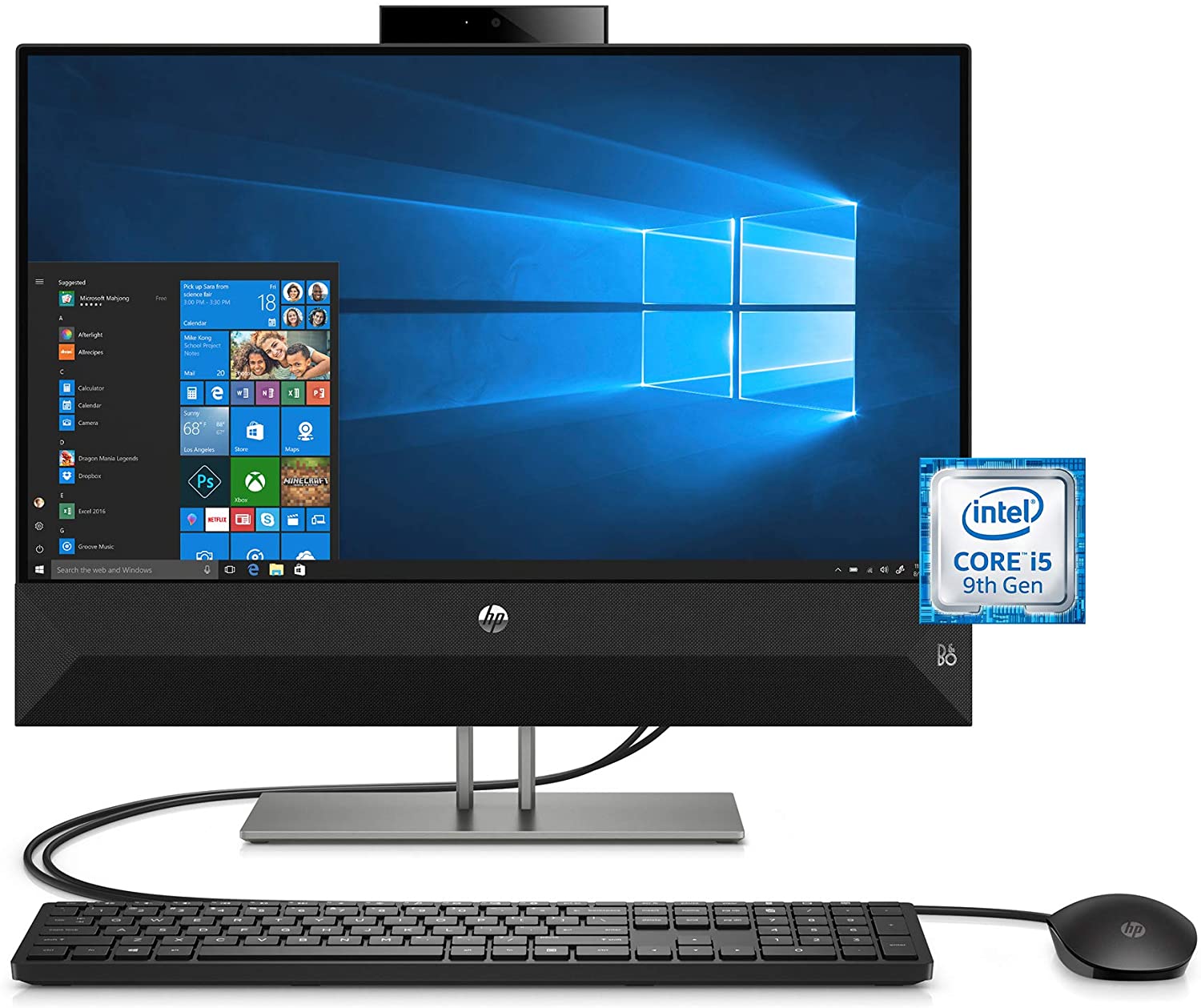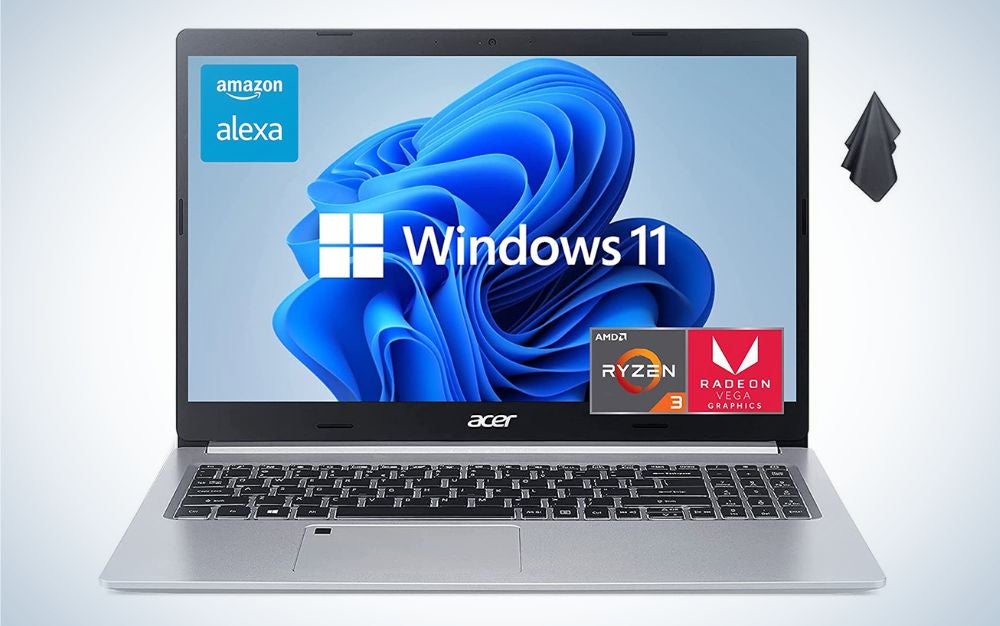Best Computer For 500 Dollars

So, you need a computer, but your budget’s tighter than a drum? You’re not alone. Finding a decent machine for around $500 can feel like searching for a unicorn riding a bicycle. But don't worry, we're here to guide you through the maze.
This article is for first-time buyers, students, or anyone looking for an affordable computer for basic tasks. We'll explore the best options, focusing on what's important to you: getting the most bang for your buck.
Why Does a Computer Matter?
In today's world, a computer is more than just a luxury; it's a necessity. From online learning and job applications to staying connected with loved ones and managing your finances, a computer opens doors to countless opportunities.
But you don't need to break the bank to get a reliable machine. With careful research and a clear understanding of your needs, you can find a computer that fits your budget and helps you accomplish your goals.
Top 5 Computers Under $500: A Head-to-Head Comparison
Here's a quick look at some of the best contenders in the under-$500 category:
| Model | Price (USD) | Processor | RAM | Storage | Warranty |
|---|---|---|---|---|---|
| Lenovo IdeaPad 1 | $399 | AMD Athlon Silver 3050U | 4GB | 128GB SSD | 1 Year |
| Acer Aspire TC | $449 | Intel Celeron J4025 | 8GB | 1TB HDD | 1 Year |
| HP Chromebook 14 | $299 | Intel Celeron N4020 | 4GB | 32GB eMMC | 1 Year |
| Dell Inspiron Small Desktop | $479 | Intel Celeron J4025 | 4GB | 1TB HDD | 1 Year |
| Gateway Ultra Slim Notebook | $179 | Intel Celeron N4020 | 4GB | 64GB eMMC | 1 Year |
Detailed Reviews: Diving Deeper
Lenovo IdeaPad 1
The Lenovo IdeaPad 1 is a solid choice for basic productivity. Its AMD processor is surprisingly capable for everyday tasks like browsing and word processing.
The SSD provides faster boot times and application loading compared to traditional hard drives. However, the 4GB of RAM might feel limiting for more demanding multitasking.
Acer Aspire TC
The Acer Aspire TC is a desktop, offering more power and expandability than laptops in this price range. The large 1TB hard drive provides ample storage for files and media.
Its Intel Celeron processor is adequate for basic tasks, but it's not designed for heavy workloads. Consider upgrading the RAM for improved performance.
HP Chromebook 14
The HP Chromebook 14 is a lightweight and portable option powered by Chrome OS. Chrome OS is known for its speed, simplicity, and security.
This laptop is ideal for students and users who primarily rely on web-based applications. Keep in mind that storage is limited, but you can utilize cloud storage.
Dell Inspiron Small Desktop
Similar to the Acer, the Dell Inspiron Small Desktop offers a larger form factor with more upgrade potential. This desktop is great for users who need a simple, reliable machine for home or office use.
The large hard drive is a plus, but consider adding an SSD for faster boot times. The processor is sufficient for basic tasks.
Gateway Ultra Slim Notebook
The Gateway Ultra Slim Notebook is the most budget-friendly option on our list. It's a lightweight and portable notebook ideal for on-the-go use.
Performance is limited by its entry-level processor and storage, but it’s sufficient for very basic tasks and browsing. Don't expect to run resource-intensive applications.
Used vs. New: Weighing Your Options
Buying used can be a great way to save money, but it comes with risks. A used computer might have hidden issues or a shorter lifespan.
Pros of Buying Used: Lower price, potentially higher specs for the same budget.
Cons of Buying Used: No warranty, potential for hidden problems, shorter lifespan.
Pros of Buying New: Warranty protection, peace of mind, longer lifespan.
Cons of Buying New: Higher price, may have lower specs for the same budget.
If you choose to buy used, thoroughly inspect the computer and test all its functions before making a purchase. Consider buying from a reputable seller with a return policy.
Reliability Ratings by Brand
Brand reputation can be a good indicator of reliability. While individual experiences may vary, some brands consistently score higher in customer satisfaction surveys.
Generally Reliable Brands: Lenovo, Dell, and HP are often considered reliable brands. They offer a range of products to suit different needs and budgets.
Consider User Reviews: Always check user reviews and ratings before making a purchase. This can give you valuable insights into the real-world performance and reliability of a particular model.
Checklist: 5 Must-Check Features Before Buying
- Processor: Choose a processor that meets your needs. For basic tasks, an Intel Celeron or AMD Athlon processor may suffice.
- RAM: Aim for at least 8GB of RAM for smoother multitasking. 4GB can work if you only run one or two applications simultaneously.
- Storage: An SSD (Solid State Drive) is highly recommended for faster boot times and application loading. If you need a lot of storage, consider an HDD (Hard Disk Drive), but ideally with an SSD for the operating system.
- Screen Size and Resolution: Consider the size and resolution of the screen. A 14-inch or 15.6-inch screen with a resolution of 1920x1080 (Full HD) is a good starting point.
- Ports and Connectivity: Ensure the computer has the ports you need, such as USB ports, HDMI, and an audio jack. Also, check for Wi-Fi and Bluetooth connectivity.
Key Takeaways
Finding a computer for under $500 requires careful consideration of your needs and priorities. Determine what you'll be using the computer for primarily.
Assess the pros and cons of buying new versus used. Don't forget to consider brand reputation and user reviews.
Remember that specs aren't everything, a smooth experience for your primary tasks matters more than raw processing power you don't need. Choose a computer that balances price, performance, and reliability to meet your specific requirements.
Ready to Choose?
Now that you're armed with this knowledge, go forth and find the perfect computer for your needs and budget! We encourage you to visit online retailers, read customer reviews, and compare models before making your final decision.
Happy computing!





